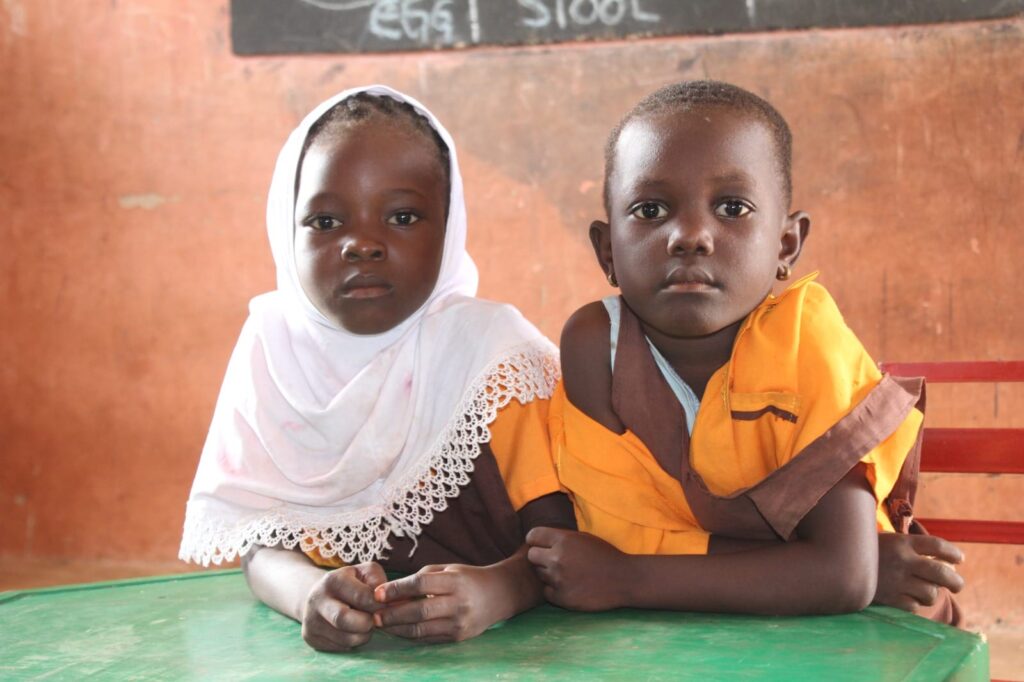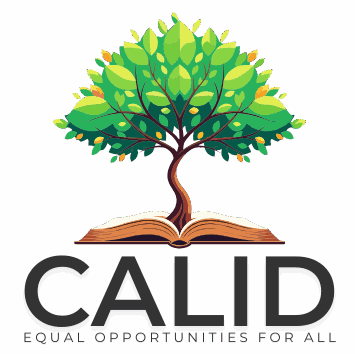HEALTH AND NUTRITION
Health is a fundamental human right and central to sustainable development. CALID's Health and Nutrition Program aims to improve healthcare delivery and ensure that all individuals, regardless of gender, ability, or social status, have access to quality and affordable healthcare.

The program focuses on strengthening the management and functioning of Community-based Health Planning and Services (CHPS) facilities. CALID advocates for equitable resource allocation and supports community health volunteers in monitoring resources, service delivery, and health outcomes. This approach enhances accountability and improves primary healthcare at the community level.
CALID places strong emphasis on inclusive health, especially for persons with disabilities and other vulnerable groups. Inclusive health is treated as a rights-based obligation and not only a development priority.
Key strategies include
CALID has contributed to improved healthcare access for persons with disabilities, stronger community ownership of CHPS facilities, and increased awareness of nutrition as part of overall well-being. For CALID, health and nutrition are shared responsibilities and essential for building resilient and thriving communities.
Other Thematic Areas

Education
CALID promotes inclusive and equitable education by improving access, strengthening teaching quality, and supporting vulnerable children to enroll, stay in school, and succeed.
Livelihoods
CALID supports sustainable livelihoods through skills training, financial inclusion, entrepreneurship, and climate-smart agriculture to help communities become more resilient.
Governance
CALID strengthens accountable governance by empowering citizens, especially youth and marginalized groups, to participate in decision making and monitor public resources.




